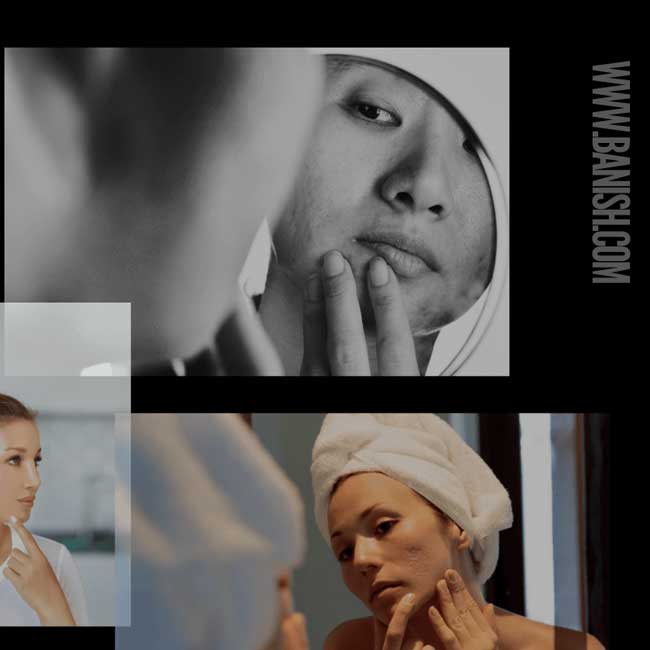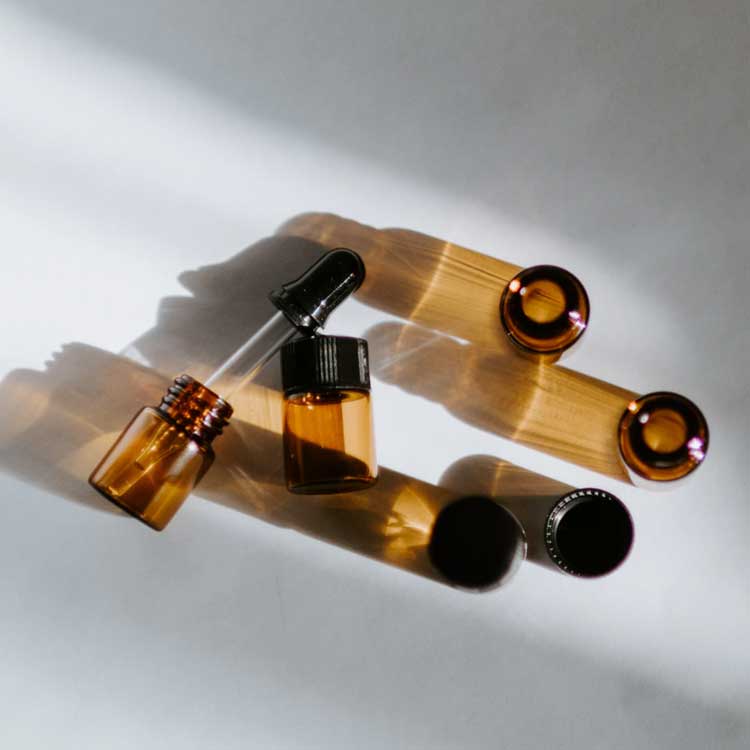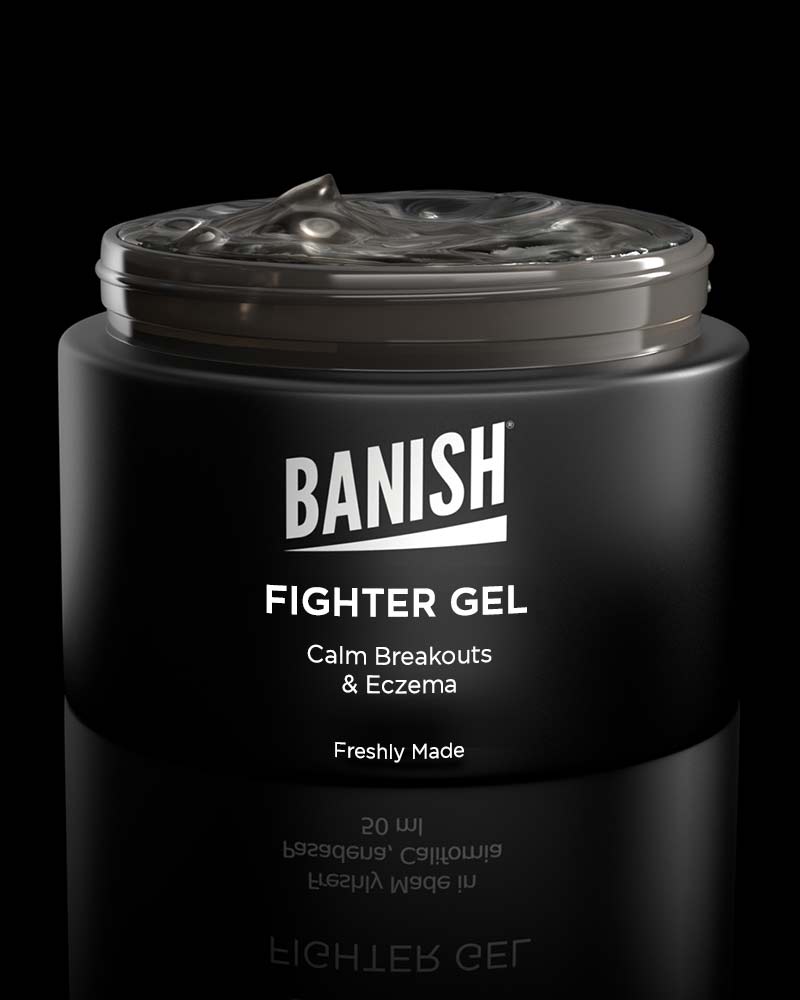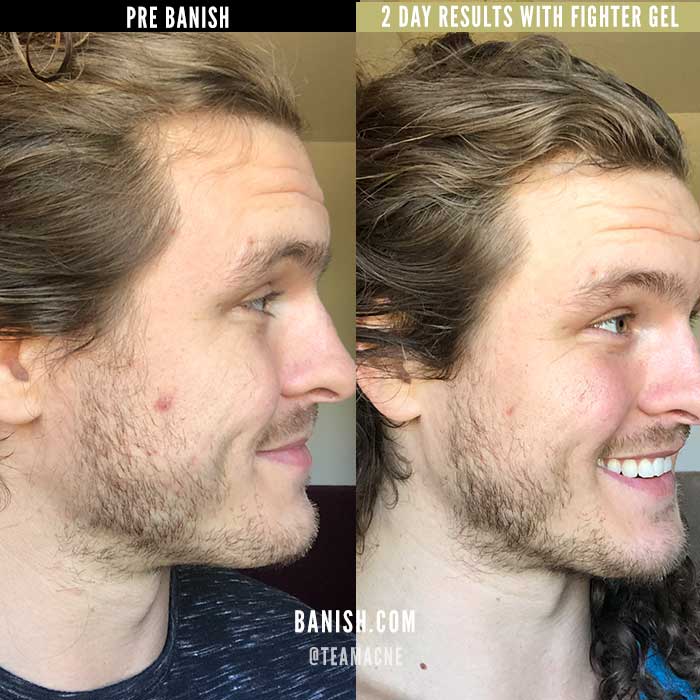By: Samantha Rizzo
The skin care industry is in no short supply of amazing active ingredients that do everything from healing and repairing our skin, to restoring vibrance and protecting it. With so many active ingredients to choose from, it can be confusing trying to fit them all into your routine.
Can I use retinol if I’m using benzoyl peroxide? Can I use vitamin C and glycolic acid at the same time? Making the wrong choice might end up spelling disaster for your skin.
Rather than trying to fix damage done, let’s just avoid the headache altogether.
Here is a list of important active skincare ingredients not to mix.
What Benzoyl Peroxide Shouldn't be Mixed With
A popular and effective choice for many who deal with stubborn acne, benzoyl peroxide can be a huge saving grace.
But benzoyl peroxide (BP) is a pretty powerful ingredient, even at the recommended concentration of 2.5%.
Benzoyl Peroxide works by killing bacteria and causing the skin to dry and peel as a result of the side effects. This works wonders for clearing up acne but doesn’t do so well with other products that do the same.
Benzoyl peroxide shouldn’t be mixed with:
- Retinoids
- Hydroxy acids
- Vitamin C
- Physical exfoliants
That doesn’t mean that you can’t fit these other awesome ingredients into your routine elsewhere. For retinoids, hydroxy acids, and physical exfoliants, just use them at a different time of day.
Vitamin C can be applied over benzoyl peroxide, just make sure you wait 5-10 minutes for it to dry and absorb.
Benzoyl Peroxide Can Be Mixed With
- Salicylic Acid
Retinol
Retinol is one of the best ingredients we have for fighting things like acne and signs of aging. Once you hit your mid twenties, retinol becomes a valuable addition to your routine.Don't Mix Retinols With:
- Benzoyl peroxide
- Hydroxy acids
- Vitamin C
- Physical exfoliants
Because retinol and hydroxy acids both accelerate skin cell turnover, using both together can be potentially drying, and unnecessarily irritating. This ends up doing more harm than good to your skin, so use them on different days.
Benzoyl peroxide and retinol, both being powerful (and drying), can end up cancelling out the benefits of each other. Since we don’t want to waste our expensive products, use these at different times of day.
Mix Retinol With:
- Ferulic acid
- Hyaluronic acid
If you want to enhance the benefits of your retinol, however, it mixes beautifully with ferulic and hyaluronic acids.
VITAMIN C
Vitamin C is valuable for healing and protecting the skin, but it’s also unstable in some formulas, and can easily be oxidized by improper handling and use.
Don't Mix Vitamin C With
⦁ Niacinamide
⦁ Retinol
⦁ Hydroxy acids
Although hydroxy acids may be an appropriate pH level for vitamin C, it’s still best to use these at separate times, to avoid the risk of irritation. Mixing vitamin C with acne powerhouse niacinamide can also end up making the redness and inflammation in your skin much worse.
Mix Vitamin C With
- Vitamin E
- Ferulic Acid
However, vitamin C does play very well with vitamin E and ferulic acid, both of which enhance vitamin C’s effectiveness.
Overall, there aren’t too many ingredients not to mix, and for the most part you may only experience some mild irritation or end up wasting valuable product so don't get too worried about using certain actives together.
Regardless, it’s always best to use active ingredients like these at different times of the day to get the most benefit and least irritation out of them. Of course, always use sunscreen too.


















1 comment
Charlene Boyd
The rewards is it 1 to 1?
Leave a comment
All comments are moderated before being published.
This site is protected by hCaptcha and the hCaptcha Privacy Policy and Terms of Service apply.